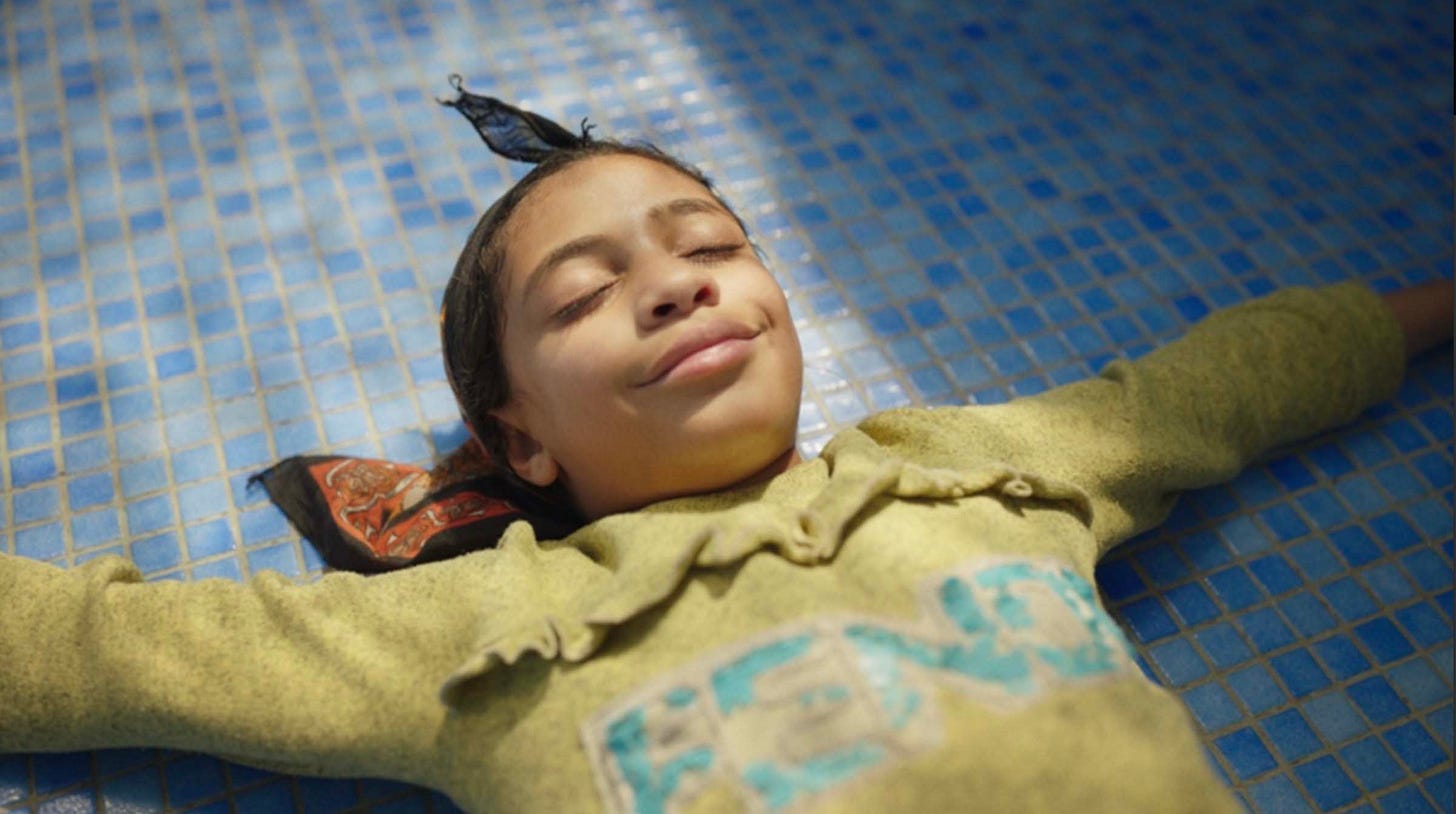Tribeca lets the light in
As the world re-battens its hatches, the festival is keeping a window open.
Wilfred Okiche
During the Covid-19 pandemic film festivals embraced virtual screenings, briefly lifting the structural and economic hurdles that had long restricted African professionals and audiences from regular participation at these gatherings.
But that democratisation was soon shut down as the world opened up again. Tribeca remains one of the few major festivals to continue supporting its virtual component.
A combination of factors such as rights ownership, piracy, sales prospects, essentialism and elitism put the focus of the other film festivals back on physical screenings. It makes Tribeca’s virtual platform, a place of discovery for new and unlikely gems, all the more precious for media who cannot always make the trek to New York City.
Despite the virtual offerings at Tribeca appearing to shrink each year, they remain robust enough to make it worth the effort.
One of the pleasant surprises of this year’s Tribeca (4-15 June) was the drama Happy Birthday directed by Sarah Goher. An effective if low-key debut, Happy Birthday sharply examines the stark class and economic disparity in contemporary Egyptian society.
Eight-year-old Toha (the brilliant Doha Ramadan) comes from a fishing family and works as a maid for a wealthy Cairo family in the city.
When she forms a special bond with her employer’s daughter, Toha’s behaviour starts to transcend expected employer-servant boundaries. She is soon issued an unforgettable reminder that deep-rooted social hierarchies must be preserved at all costs.
Goher’s film – written with her partner, Mohamed Diab – is a biting social commentary that shrewdly observes class conflict while straddling the line between the fantasies of childhood innocence and the harsh realities of the world.
Happy Birthday won two prizes: best international narrative feature, and the best screenplay in an international narrative feature. Goher was also awarded the Nora Ephron Award, which honours exceptional female filmmakers.
Playing in the Viewpoints category of the festival was Widow Champion which follows activist Rodah Nafula Wekesa, who tells a story of gendered class disparity. Kenya is home to at least eight million widows.
The documentary tackles the issue of the abuse and dispossession of widows by in-laws. Widow Champion is in keeping with director Zippy Kimundu’s ongoing interest in highlighting formidable women toiling to bring change to their communities.
Wekesa is herself a widow, who suffered the same fate as the women she is advocating for, a lived experience that helps her connect with the audience too.
The film mixes Wekesa’s personal, lengthy struggle to obtain the title deed to her own late husband’s property with her leadership journey.
Viewers witness her refine a leadership style to be effective in a conservative society. To appear non-threatening to the patriarchy, she settles on soft diplomacy and reconciliation, but her resolve remains unwavering and focused.
Modest and rough around the edges, Widow Champion often stumbles when trying to shoehorn itself into a traditional feel-good narrative. The reality of Wekesa’s calling is that the struggle continues.
In Tribeca’s Spotlight+ was Wizkid: Long Live Lagos, a documentary about the Nigerian Afrobeats superstar, directed by Karam Gill. It arrived at the festival having already secured distribution, and will stream on HBO Max later in the year.





